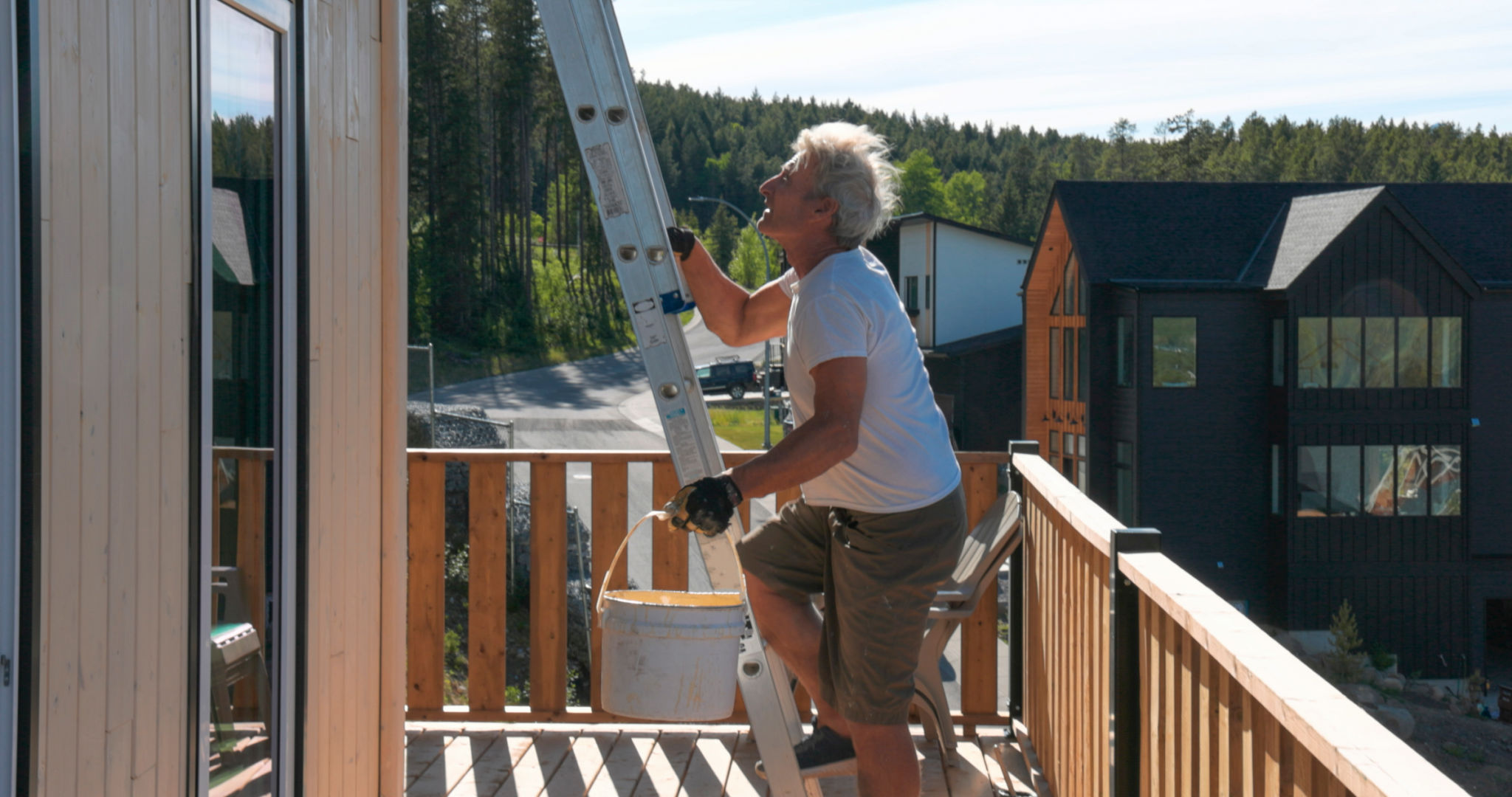The Role of Coating Inspections in Weather-Proofing Your Home
Understanding Coating Inspections
When it comes to protecting your home from the elements, coating inspections are a crucial part of the maintenance process. Coatings provide an essential barrier that defends your property against harsh weather conditions. Regular inspections ensure these protective layers remain effective over time. But what exactly does a coating inspection involve, and why is it so important?
A professional coating inspection involves a thorough examination of the protective layers applied to your home's surfaces. This includes checking for signs of wear and tear, such as cracks, peeling, or discoloration. By identifying these issues early, you can address them before they develop into more significant problems that could compromise your home's weather resistance.

Key Benefits of Regular Coating Inspections
There are several advantages to scheduling regular coating inspections for your home. Here are some of the key benefits:
- Preventive Maintenance: Early detection of potential issues can prevent costly repairs in the future.
- Enhanced Durability: Regular inspections help maintain the integrity of your coatings, prolonging their lifespan.
- Improved Aesthetic Appeal: Well-maintained coatings keep your home looking fresh and well-cared-for.
By investing in regular inspections, homeowners can ensure their properties remain well-protected against changing weather conditions. This proactive approach is not only cost-effective but also increases the overall value of the home.

The Inspection Process
The coating inspection process typically follows a structured approach to ensure comprehensive coverage. It usually includes:
- Visual Inspection: Inspectors examine the surfaces for any visible signs of damage or degradation.
- Thickness Measurement: Special tools measure the thickness of the coatings to ensure they meet required specifications.
- Adhesion Testing: Tests are conducted to check how well the coating adheres to the underlying surface.
These steps help inspectors gather detailed information about the condition of the coatings. With this data, they can provide informed recommendations for any necessary repairs or reapplications.

Choosing a Qualified Inspector
Selecting a qualified coating inspector is essential for ensuring accurate assessments and effective weather-proofing. Look for inspectors with industry certifications and relevant experience. A reputable inspector will provide a detailed report that outlines their findings and suggests maintenance strategies.
Homeowners should also consider seeking recommendations from friends or neighbors who have had positive experiences with coating inspections. Choosing an inspector with a proven track record will provide peace of mind and assure you of the quality of their work.
Conclusion: A Smart Investment
In summary, coating inspections play a vital role in weather-proofing your home. By identifying issues early and maintaining protective coatings, homeowners can safeguard their properties against the elements. It's a smart investment that not only enhances durability and aesthetic appeal but also ensures long-term savings by preventing more extensive damage.
Scheduling regular coating inspections is a proactive step every homeowner should consider. With proper maintenance, you can enjoy a weather-resistant home that stands strong through every season.